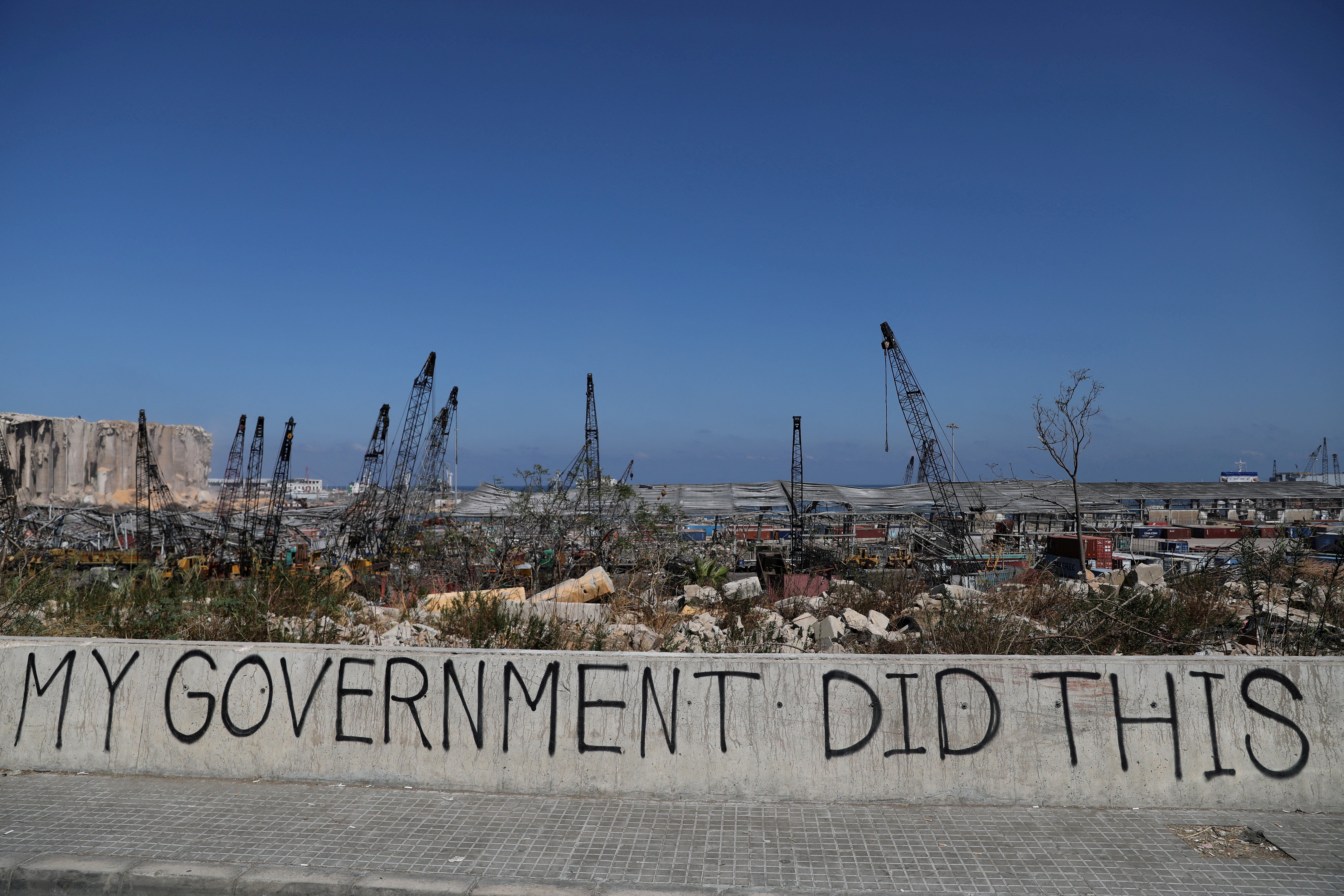Hard Numbers: Beirut explosion anniversary, Navy sailors charged with spying for China, UK raises interest rates, Russian bombs destroy historic church, Germany defeated in World Cup
3: Friday marks three years since the horrific Beirut port explosion that killed more than 200 people, wounded thousands, and extensively damaged the Lebanese capital. The blast occurred after hundreds of tons of ammonium nitrate were improperly stored at a port warehouse despite repeated warnings of the danger. Meanwhile, efforts to hold senior government officials accountable have repeatedly been blocked by a corrupt judicial system. Sadly, Lebanon’s culture of impunity lives on.
2: Two US Navy sailors were arrested in California on Thursday on charges of spying for China. Both allegedly earned thousands of dollars by passing their handlers secret information about the Navy's Pacific fleet. One of the men is a naturalized US citizen who was born in China. The arrests will heighten Washington's already keen concern about Chinese espionage, but this may also lead to calls from some quarters for more scrutiny of people of Chinese descent in the US. In 2022, the Biden administration ended a controversial Trump-era initiative to combat Beijing's spying because of concerns that it unfairly targeted Chinese or Chinese-American scientists and students.
15: The Bank of England raised its main interest rate to 5.25%, a 15-year high. We know this headline is getting stale, as central banks on both sides of the Atlantic have been raising rates to try to bring down stubbornly high inflation since the early days of 2022. The UK said it is likely to raise rates again in September – bad news for those seeing their rents and mortgages rise amid a cost-of-living crisis.
8: The Russian military bombed a landmark church in the Ukrainian city of Kherson, injuring 8 civilians. Built in 1781, the church held the remains of Prince Grigory Potemkin, an 18th-century Russian military commander who encouraged Catherine the Great to expand the Russian Empire into what is now southern Ukraine. Ukraine appeared to hit back today by targeting two Russian-controlled ports in the Black Sea, another sign that Kyiv is expanding its mission to target Russian infrastructure.
1: Germany – the second-ranked team in women’s soccer – made its earliest-ever exit from the World Cup after tying 1-1 with South Korea when it needed a win to proceed to the next round. This is the first time Germany has failed to make it past the group stage. South Korea scored its first goal of the tournament but is also out – it was effectively eliminated before the game began.
